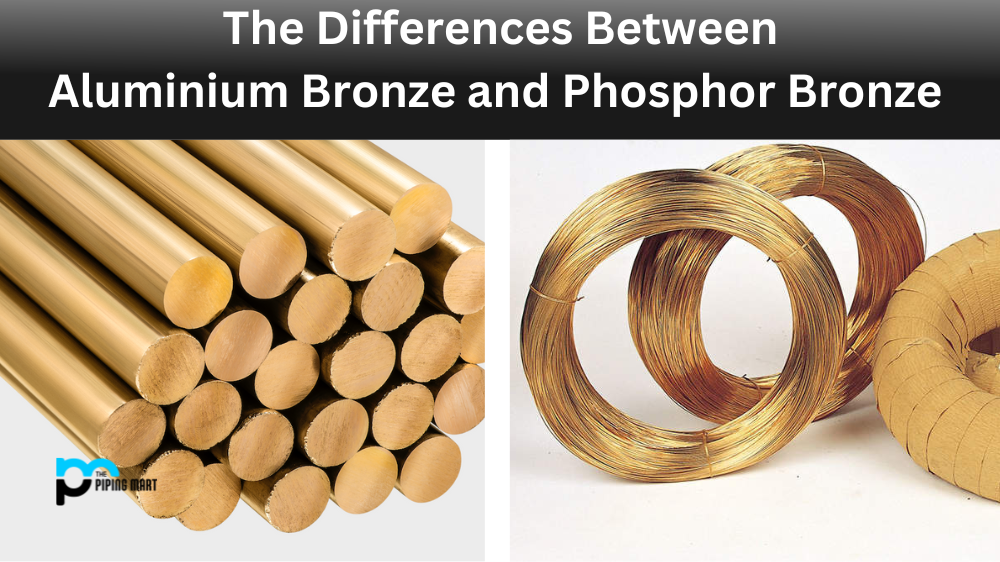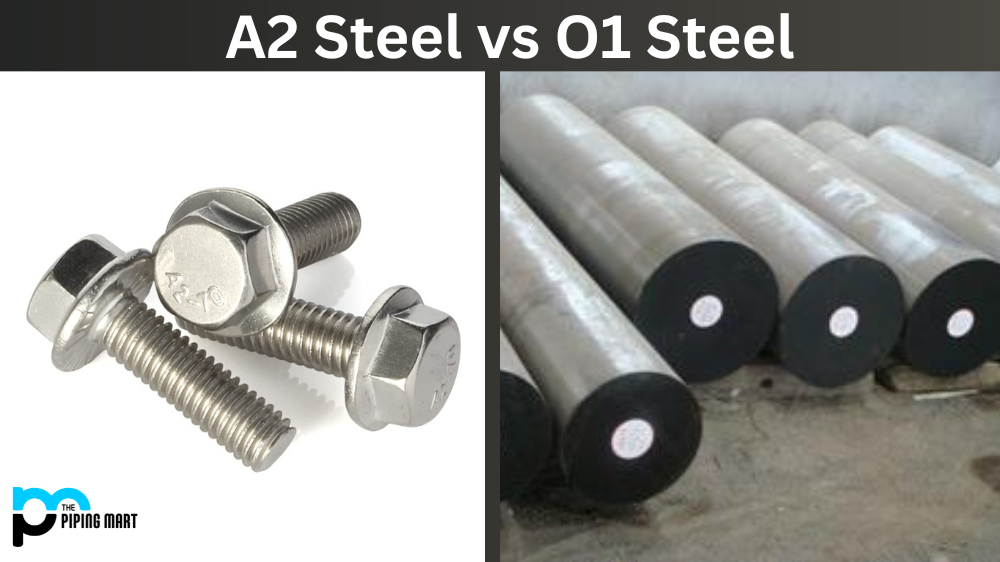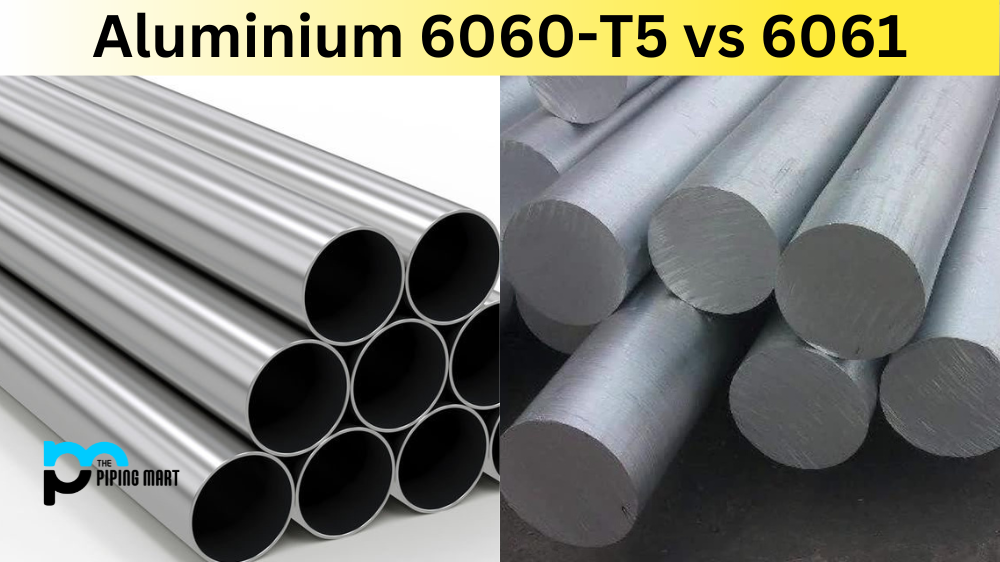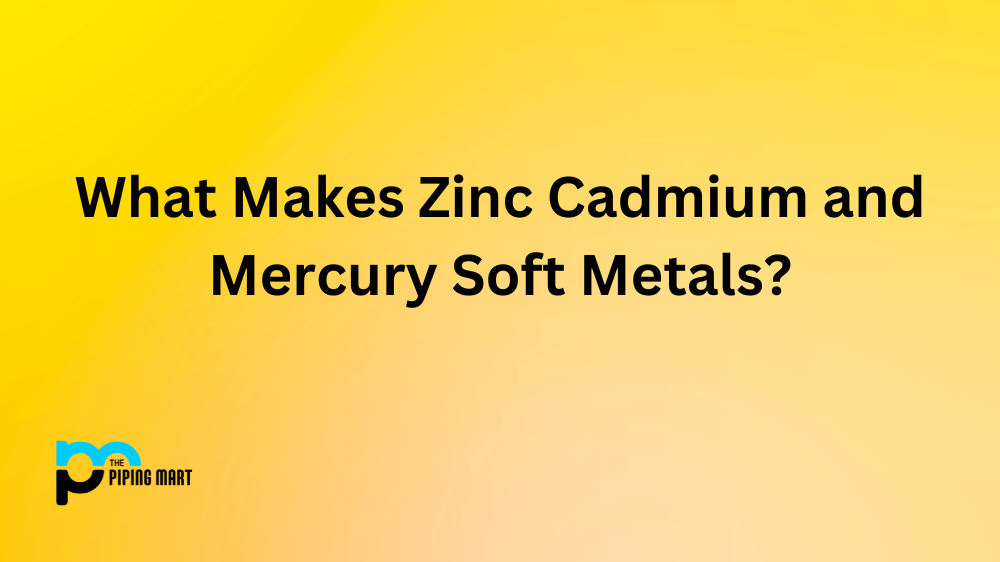When choosing the right bronze for your needs, there are many factors to consider. Depending on the job at hand, aluminum bronze or phosphor bronze may be the best option. But what are the differences between these two bronzes? Let’s take a closer look.
What is Aluminum Bronze?
Aluminum bronze is an alloy made from a combination of copper and aluminum. It has good corrosion resistance, mechanical strength, ductility, and weldability properties. Its high electrical conductivity makes it highly suitable for use in the electrical industry. It can be used as components in ship components like axle housings, propellers, shafts, or bearings due to its wear resistance characteristics.
What is Phosphor Bronze?
Phosphor bronze is an alloy composed of copper, tin and phosphorous. It has high tensile strength and corrosion resistance compared to other copper alloys, making it ideal for use in coins, electronics and electrical components. It is also popularly used in musical instruments due to its resonance-enhancing properties.
Aluminum Bronze vs. Phosphor Bronze
The primary difference between aluminum bronze and phosphor bronze is in their composition. Aluminum bronze contains copper (90-97%), with other metals such as iron, nickel, manganese, aluminum, and silicon added in small amounts. In comparison, phosphor bronze only contains copper (90-95%), with tin being the main addition (5-10%). Other metals such as iron, lead, zinc, and manganese may also be present depending on the specific alloy used.
The second major difference between these two bronzes is that aluminum bronze has greater strength than phosphor bronze. As a result of its higher strength, aluminum bronze is often used for highly demanding applications such as ship propellers or marine hardware where corrosion resistance and wear resistance are needed. On the other hand, phosphor bronze has excellent corrosion resistance due to its low tin content but lacks the strength of aluminum bronze. This makes it ideal for applications where corrosion resistance is paramount, such as electrical connectors or bearings, which have to withstand heavy loads over extended periods of time without corroding or wearing down easily.
Finally, another key difference between these two bronzes is their cost. Generally speaking, aluminum bronze will tend to be more expensive than phosphor bronze due to its higher strength and superior performance in certain applications. However, this only sometimes holds true since different alloys will have different costs associated with them depending on their composition and application requirements.
Conclusion:
When making a decision between aluminum bronze and phosphor bronze for your project needs, it is important to consider both alloys’ composition and performance attributes before making a decision about which one is best suited for your application. Depending on what type of properties you need from your material—such as high strength or superior corrosion resistance—either alloy could be suitable for your needs so long as you ensure that you choose an alloy that meets those requirements accordingly. Careful consideration of each alloy’s unique characteristics and cost considerations in mind when determining which one is best for your project needs can help you make an informed purchasing decision when selecting either aluminum or phosphorous bronzes for use in manufacturing processes or construction projects alike!

Pipingmart is a B2B portal that specializes in metal, industrial and piping items. Additionally, we share the latest information and information about materials, products and various types of grades to assist businesses that are involved in this business.




